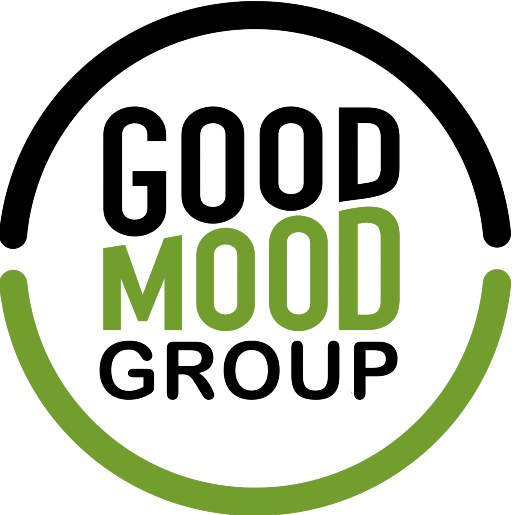In this opinion piece, Good Mood Dudes founder Dr. Nicholas Chartres provides his view on this article: These harrowing cancer statistics can actually be good news
When I first read this headline, I assumed that this article was going to discuss new government regulations on industry (alcohol in this instance), spurred by more unequivocal evidence on the already established health effects caused by harmful products like alcohol.
Instead, the story focused on what the individual can do to change their behaviour, with education being a key component of that behaviour change.
Seems reasonable, I hear you say.
Let me explain the shortcomings of this approach and why it is the narrative that the industries that produce these harmful products love to see published.
While the story points to the fact that smoking rates in Australia have dropped from 24% in 1995 to 11% in 2021, this was not done through education campaigns alone. It took an aggressive suite of regulatory measures for this to occur. These included an increase in sales taxes, a complete ban on advertising and marketing (sports advertising was one of the first to go), and the introduction of plain packaging, coupled with aggressive graphic health warnings by the Australian government.
Government action must be part of the solution.
I study the commercial determinants of health. This includes the strategies that industries like tobacco, alcohol, packaged food, and fossil fuels use to sell their products, as well as the political and economic systems that they operate within.
As economic globalization has intensified over the last two decades, these determinants of health have not only become the leading cause of disease but have also created health inequities within and across countries. For example, communities of color and low-income communities have experienced disproportionate consequences and impacts on their health due to either higher consumption rates of alcohol, tobacco, and ultra-processed foods or higher rates of exposure to toxic air pollution (due to the combustion of fossil fuels) and chemicals.
These industries use a suite of tactics aimed at preventing government regulation, which includes distorting the science on the human and planetary health effects of their products, undermining the policy process via lobbying, and shaping the narrative on their brands and products through evocative marketing and corporate social responsibility campaigns.
Now I love a beer and a pie at the footy. However, it’s vital that stories covering chronic health statistics should not be presented as a “really good news story” without being accompanied by perspectives addressing the need for government regulation to implement strategies like those mentioned above which have proven successful in tobacco control.
Without strong government action, these statistics will continue to increase, and I cannot see the silver lining in that.
Dr Nicholas Chartres is the Director of Science & Policy at the University of California, San Francisco working with the Program of Reproductive Health and the Environment. His work focuses on US federal chemical policy and regulation.
Nick received his PhD from The University of Sydney, where his thesis examined ways to reduce bias in public health guidelines, including the primary studies that are used in our national Dietary Guidelines. Nick also has a Masters in Nutrition.
